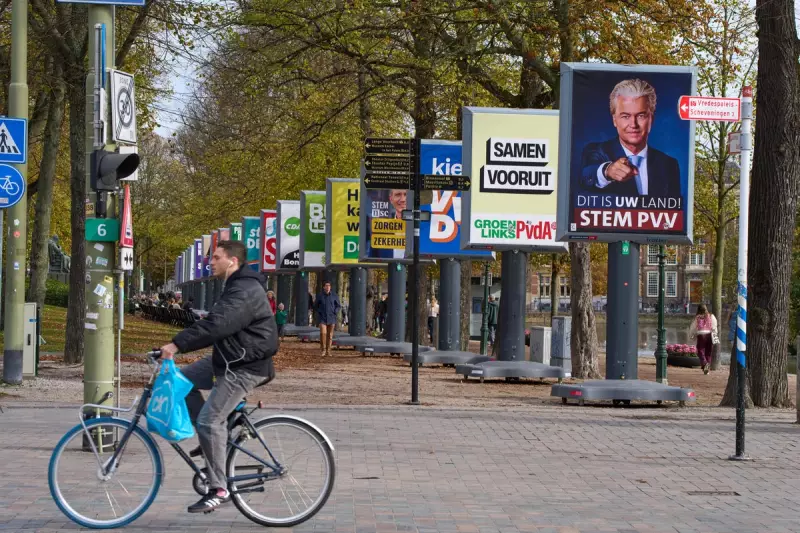
In a dramatic twist that has sent shockwaves through Dutch politics, Geert Wilders, the firebrand leader of the Party for Freedom (PVV), has abandoned his quest to become the Netherlands' next prime minister. This stunning reversal comes despite his party's remarkable victory in the November elections, where they emerged as the largest political force.
Coalition Talks Reach Breaking Point
The decision follows weeks of tense negotiations with potential coalition partners that ultimately reached an impasse. Wilders revealed that other party leaders involved in the talks had made it clear they would not support his premiership, creating an insurmountable barrier to forming a government.
'I can only become prime minister if ALL parties in the coalition support me,' Wilders stated in a social media post that reverberated across The Hague. 'That was not the case.'
Election Victory Turns Sour
The PVV's electoral triumph in November had positioned Wilders to potentially become the Netherlands' first far-right prime minister, marking what would have been a seismic shift in Dutch politics. His anti-immigration, Eurosceptic platform had resonated with voters, delivering 37 seats in the 150-seat lower house of parliament.
However, the reality of forming a workable coalition proved far more challenging than securing electoral support. Potential partners including the centre-right VVD, the new centrist NSC party, and the farmer-citizen movement BBB all expressed reservations about serving under Wilders' leadership.
What Comes Next for Dutch Government?
The collapse of Wilders' bid throws the formation of a new Dutch government into uncertainty. Several scenarios now appear possible:
- A different PVV member being proposed as prime minister
- A broader technocratic or extra-parliamentary cabinet
- Fresh elections if no viable coalition can be formed
The situation represents a classic example of the challenges facing populist leaders in Europe's multi-party systems, where election victories don't always translate into governing power.
International Implications
This development will be closely watched across Europe, where far-right and populist parties have been gaining ground but often struggle with the practicalities of transitioning from protest movements to governing parties. The Dutch impasse serves as a cautionary tale for similar political forces elsewhere on the continent.
As the Netherlands grapples with this political stalemate, all eyes remain on The Hague to see what compromise might emerge from the wreckage of what appeared to be Wilders' moment of triumph.





